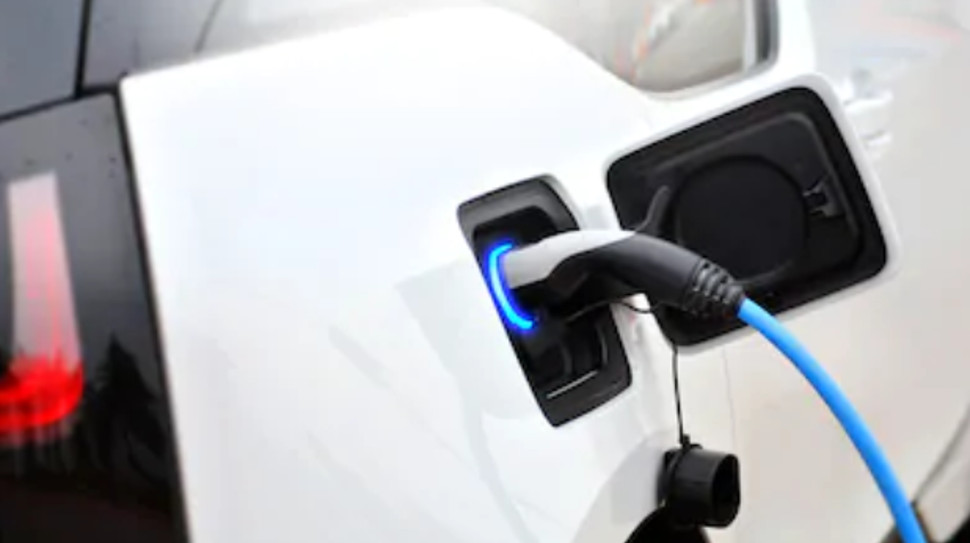EV adoption grows in India, but is it strong enough to create an ecosystem?
Rising petrol prices are a key contributor

The number of electric vehicles in India has been on a constant rise, India's federal minister for Heavy Industries Arjun Ram Meghwal has said. In recent times, a slew of brands such as Tesla have shifted focus on India, but the question is will this growth be good enough to create the ecosystem around battery-operated vehicles.
The Minister credited the central government’s policies such as FAME-I and FAME-II along with the constant support to increase the adoption as a reason behind the growing number of battery-operated vehicles in the country.
In terms of actual numbers, the number of EVs registered in India during 2019-20 stood at 167,041 against 143,358 a year ago and 69,012 in 2017-18. These numbers are cumulative of both commercial and consumer vehicles, it is the electric two-wheelers that are finally gaining momentum.
Though these numbers are a far cry from the government’s target of 1 million electric vehicles by March 2022 under the FAME II scheme. Hence there is a strong focus on converting the public and shared vehicles to electric.
- Strom R3 is India's cheapest electric car - would it work though?
- Ola's affordable yet stylish electric scooter to launch soon
Switch Delhi campaign aims to promote EV adoption- here's what we know
While the government is inviting companies like Tesla and others to set up the battery and electric vehicle manufacturing in India, rising fuel prices are also helping create the much-required momentum towards these vehicles.
In our weekly news digest on the TechRadar India YouTube channel (#TechShastra), we discussed the state of electric vehicles in India and the steps that government needs to take to ensure faster adoption of these zero-emission vehicles that are also lighter on the pocket for users.
Also, recent reports suggested that dealerships reported increased footfalls amid the rising fuel prices. Demand of an alternate mode of commutation has multiplied as petrol prices touched Rs. 100/per litre. This further highlights the requirement of affordable and practical electric two-wheelers that can help get the job done.
Get daily insight, inspiration and deals in your inbox
Sign up for breaking news, reviews, opinion, top tech deals, and more.
This, however, could be a temporary phase as well because the government is reportedly looking for options to bring petrol prices under the GST umbrella. This could result in a drastic drop in prices as well as the enthusiasm of the users who were forced to look for ways to bring down their daily commutation costs.
While electric vehicles turn out to be cheaper in the long run as the running cost is low and the maintenance cost is also not as high compared to an ICE vehicle, the fact remains that the upfront costs are high. There is also a lack of awareness that could be a major reason to increased adoption.
A lot more needs to be done on these aspects such as offering incentives to existing automakers to switch to electric vehicle manufacturing, building infrastructure and offering benefits to the consumers. The key is to ensure that affordable electric vehicles are available to people who are ready to make a move.
- Upcoming smartphones in India for March 2021: Specs, launch date, price
- Here's why you might not be able to buy the Redmi Note 10 Pro 64 GB variant
Get up close with consumer tech news that you can use, latest reviews and buying guides. Follow TechRadar India on Twitter, Facebook and Instagram!
Jitendra has been working in the Internet Industry for the last 7 years now and has written about a wide range of topics including gadgets, smartphones, reviews, games, software, apps, deep tech, AI, and consumer electronics.
